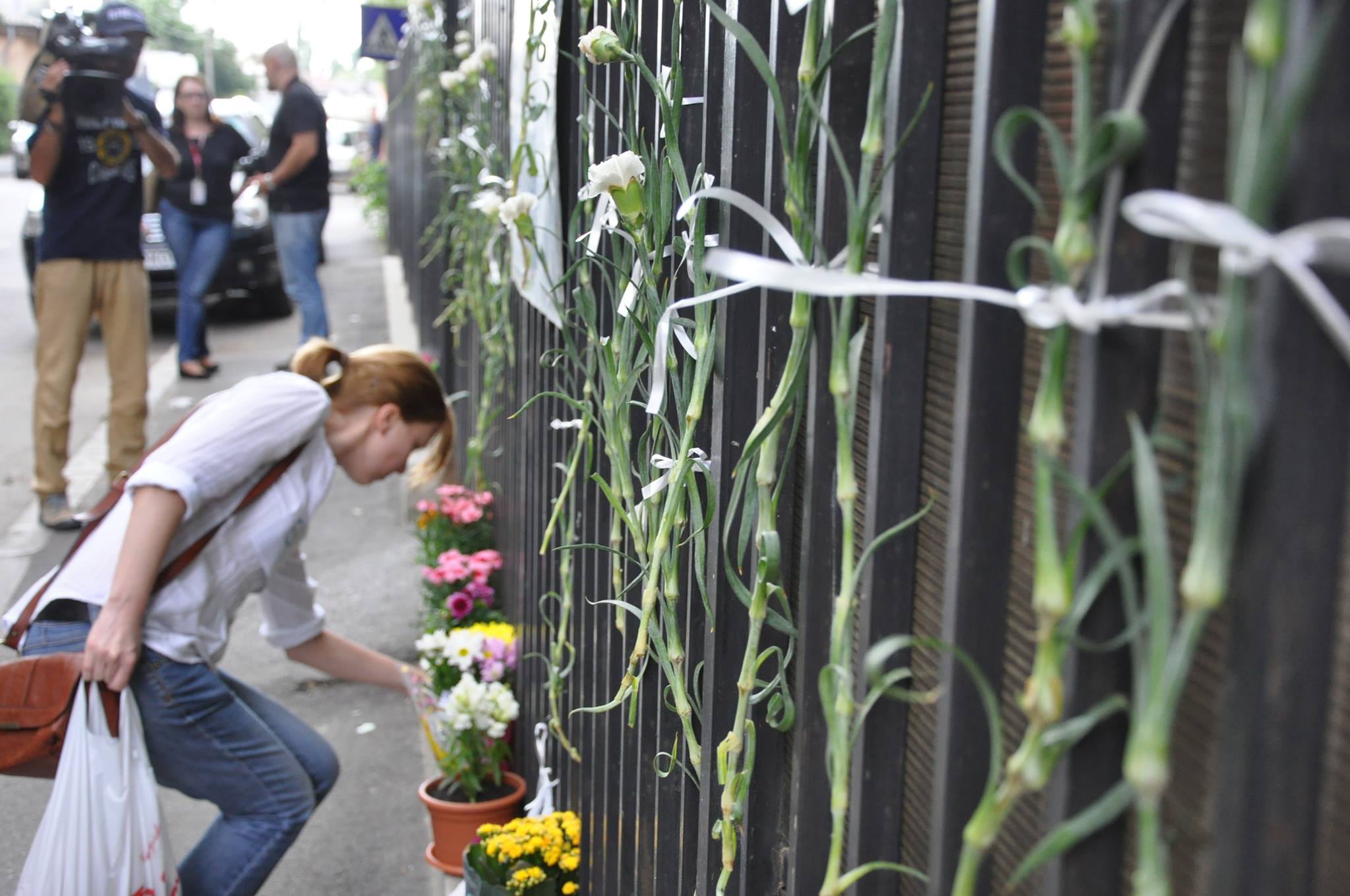Romania must stop the torture of young adults with disabilities
Today, on International Day in Support of Victims of Torture, three NGOs call on the Romanian Prime Minister to take decisive action to end torture and other ill-treatment of young adults, aged between 25 and 35, who are held in a residential institution in Bucharest. The Romanian NGO Centre for Legal Resources, together with the London-based Interights and Budapest-based Mental Disability Advocacy Center issued the following statement.
The recent developments in the “Gheorghe Şerban” Social Care Centre in Bucharest confirms that the Romanian authorities are acting unlawfully and violating the human rights of people with disabilities. There is evidence of on-going violations of law which clearly suggest breaches of the European Convention of Human Rights, the UN Convention on the Rights of Persons with Disabilities and the UN Convention against Torture.
On 19 May 2013, Romanian national television broadcasted footage filmed in May 2013 and in December 2011/January 2012, documenting abuse and neglect of 57 young adults with disabilities. They are forced to live in a government-run institution in Sector 2 of Bucharest. The footage shows residents being tied to their beds, and a former employee is on record saying residents are kept in the dark all day with window blinds shut, physically and verbally abused by staff, and being force-fed by nurses, their mouths open where food is stuffed in so quickly that they choke.
Two female residents have recently died of pneumonia in the institution after allegedly being denied emergency medical care. The RAP Foundation is a British NGO which has been providing humanitarian aid in Romania for several years. It has expressed serious concerns to the authorities about the neglect in the institution. As a result, the Romanian authorities denied access to the institution from RAP Foundation representatives.
Furthermore, the Romanian government has banned outsiders from entering the institution. On 27 May 2013 as a response to the TV footage, the Director of the General Directorate of Social Work and Child Protection of Local Council of Sector 2 issued a statement accusing human rights NGOs of “damaging the reputation of Romania’s institutions.” In the statement he announced that he would “deprive the residents of their legal capacity by placing them under state guardianship”.
On 6 June 2013 the Centre for Legal Resources (CLR) organised a silent vigil outside the institution, which was attended by around 75 people. The CLR has been carrying out monitoring missions in Romanian psychiatric and social care institutions for 10 years. However, since November 2012, CLR has been denied access to visit this institution.
 Protester in front of the institution on 6 June 2013 in Bucharest
Protester in front of the institution on 6 June 2013 in Bucharest
The events at “Gheorghe Şerban” Social Care Centre demonstrate gross violations of human rights of disabled people. These are not unique. Interights is acting as legal advisors on cases with strikingly similar factual circumstances. Câmpeanu v Romania is a case that will be heard before the Grand Chamber of the European Court of Human Rights in September 2013, where MDAC is intervening as a third party. Malacu and Others v Romania is another pending case. In both of these cases the applicants died from a combination of poor care and inadequate treatment for pneumonia, as well as extremely substandard living conditions, including insufficient food and heating.
The three NGOs today call on the Romanian government to take immediate action to uphold its responsibilities under international human rights law. In particular, they urge the government to:
- Stop torture, cruel, inhuman or degrading treatment or punishment of residents with mental disabilities in state-run institutions.
- Allow unrestricted access to state-run institutions by human rights NGOs, so that they can carry out independent monitoring.
- End the culture of impunity by initiating criminal proceedings against any staff who have carried out torture or other forms of ill-treatment, neglect or abuse.
- Stop proceedings seeking to remove the legal capacity of residents, in an attempt to silence their voices and complaints.
- Establish an independent and effective ‘National Preventive Mechanism’ mandated under the Optional Protocol to the UN Convention against Torture to visit places of detention, including psychiatric and social care institutions.
- Initiate law reform which demonstrates Romania’s commitment to provide people with disabilities their right to live in the community, as set out in the UN Convention on the Rights of Persons with Disabilities.

